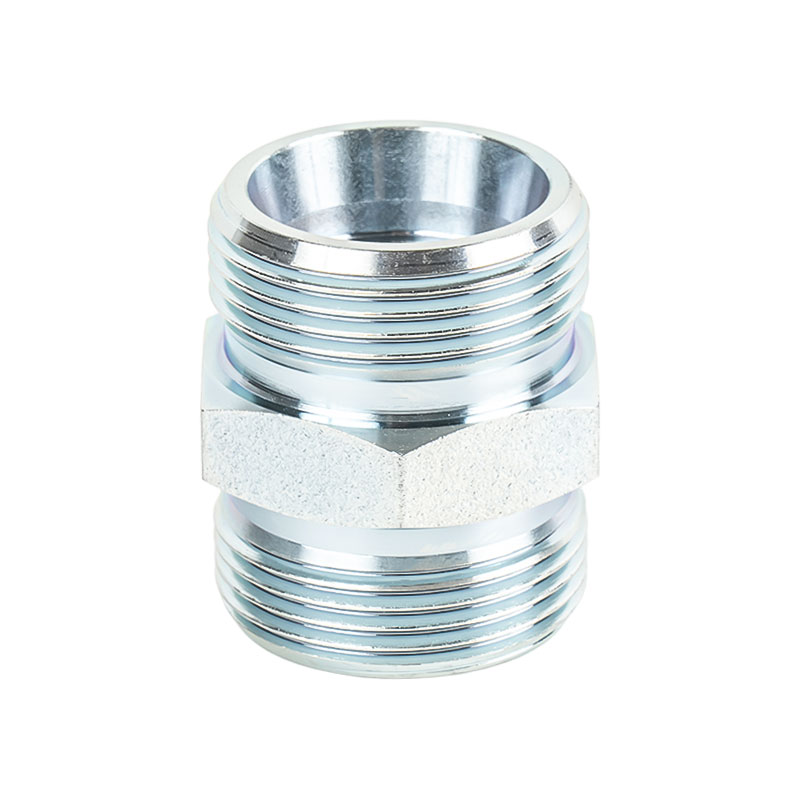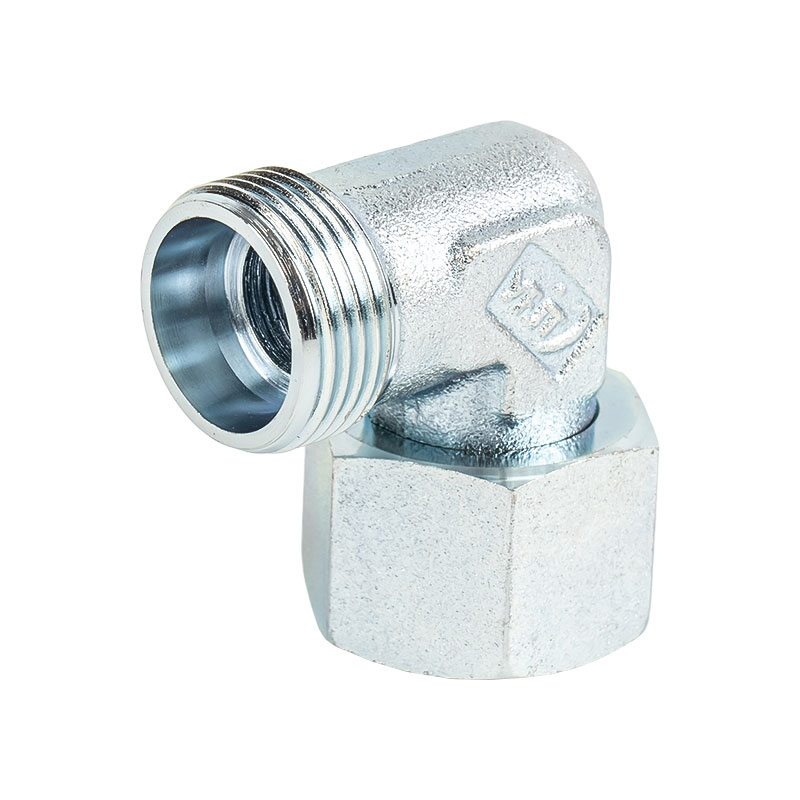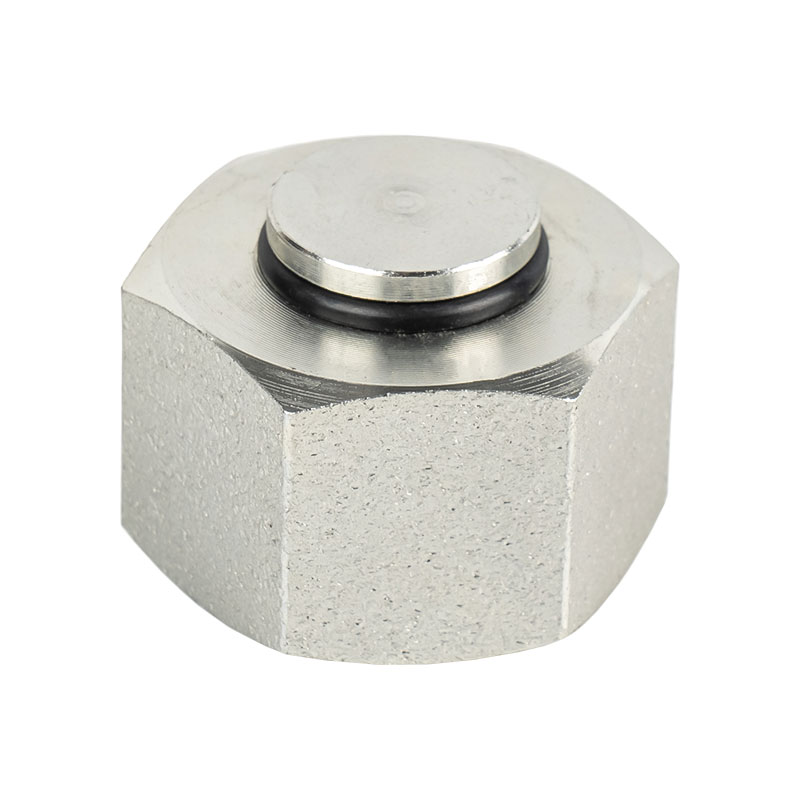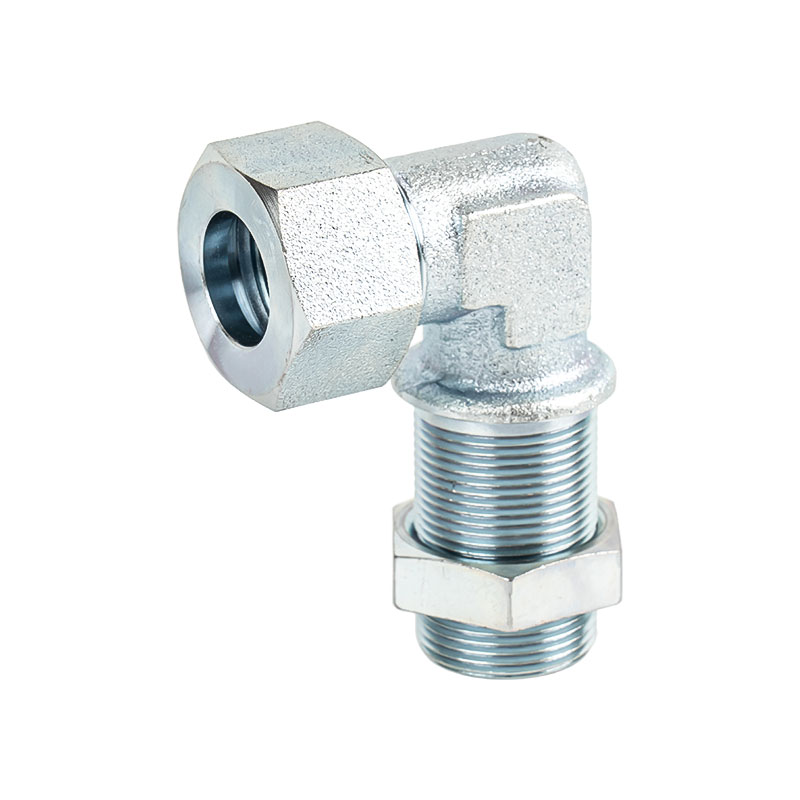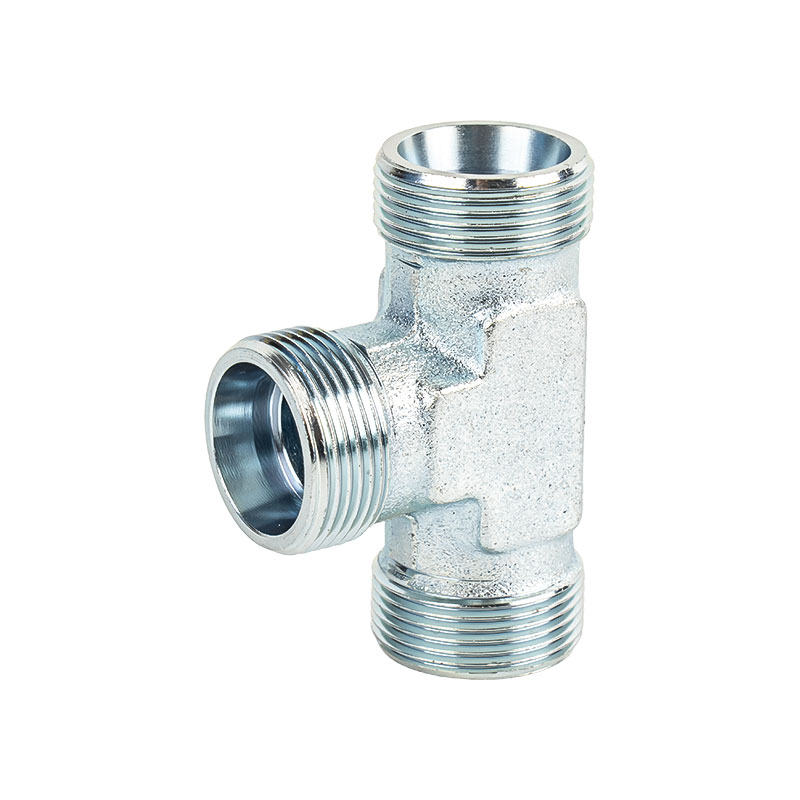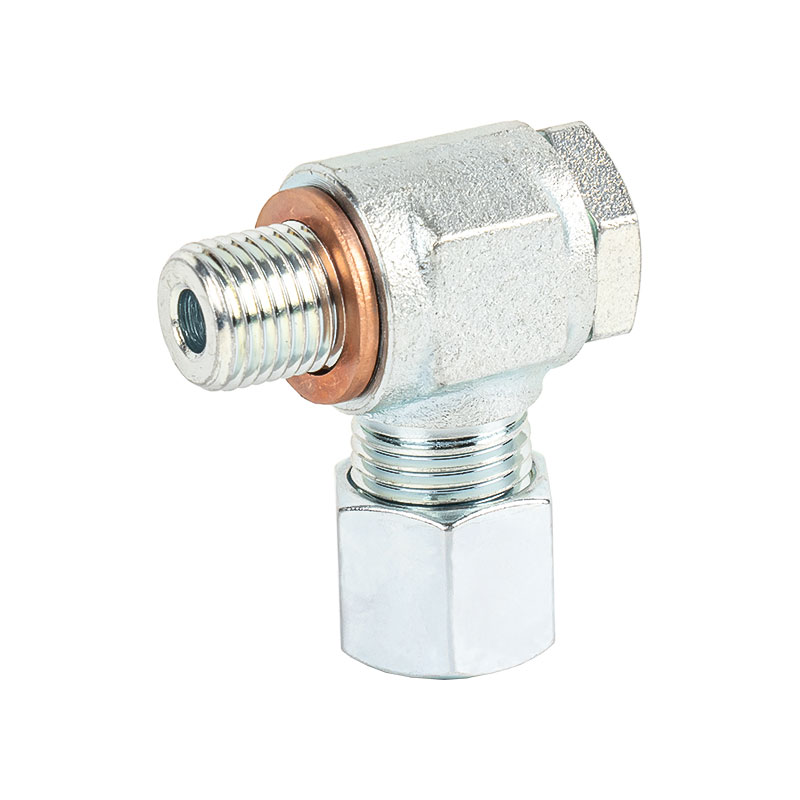BSP Female is a key connecting component in the hydraulic system. Its corrosion resistance is directly related to the stable operation and service life of the entire system. Corrosion is a process in which metal materials react chemically or electrochemically with the surrounding medium under a specific environment, resulting in the degradation or destruction of their performance. For BSP Female connectors, its corrosion is affected by a variety of factors.
1. The material composition of BSP Female connectors is the basis of its corrosion resistance. Connectors of different materials have different resistance to different media. Stainless steel is widely used in hydraulic systems due to its good corrosion resistance, especially 304 and 316 stainless steels, which can effectively resist most acid and alkali solutions and salt corrosion. However, even stainless steel may corrode under certain conditions (such as high temperature, strong acid and alkali environment).
2. Environmental media is the main external condition for corrosion. Various liquids used in hydraulic systems, such as hydraulic oil, coolant, etc., their composition, pH value, temperature, pressure and other factors will affect the corrosion of BSP Female connectors. Liquids containing corrosive elements such as sulfur and chlorine can easily accelerate the corrosion of joints; high temperature environments will increase the rate of chemical reactions, thereby accelerating the corrosion process; high pressure may cause stress corrosion cracking in joints.
3. Use conditions are also important factors affecting the corrosion of BSP Female joints, including system operation time, load size, vibration conditions, etc. Long-term operation will cause increased wear on the joint surface and reduce its corrosion resistance; high-load operation will cause the joint to bear greater stress, increasing the risk of stress corrosion; and vibration may cause the joint to loosen or seal failure, making it easier for corrosive media to invade.
4. Surface treatment and protective measures play an important role in improving the corrosion resistance of BSP Female joints. A protective film is formed on the joint surface by electroplating, spraying, etc., which can isolate the direct contact between the corrosive medium and the substrate; passivation treatment can improve the corrosion resistance of stainless steel joints; regular cleaning and inspection of the joint surface, timely detection and treatment of corrosion signs, is also an effective means to prevent the spread of corrosion.

 中文简体
中文简体